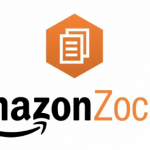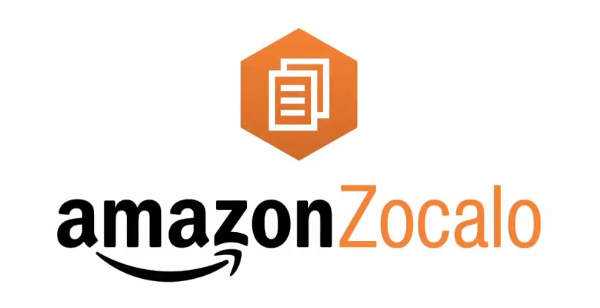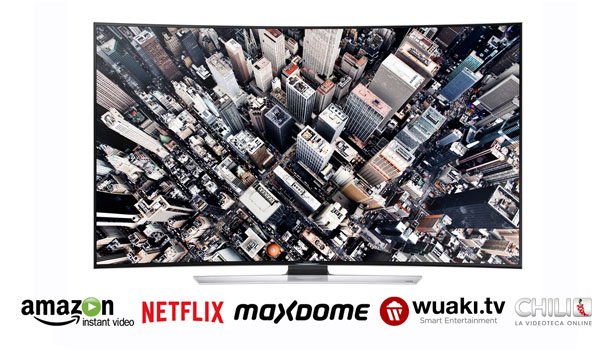
Amazon has recently made a few changes to its cloud service, giving it more robust capability.
Earlier this year Amazon announced a Cloud Drive option that allowed users unlimited cloud storage and recently the company released an SDK for their cloud storage service that gives developers a chance to build Cloud Drive storage options into their applications.
With this new update app developers can now easily integrate the storage service to their apps.
The SDK is already available for both iOS and Android, so developers can get down to working on their apps without worrying about compatibility.
This update is also beneficial to end-users as they can now easily use Amazon Cloud Drive through their favorite apps.
Amazon says that developers can utilize the new SDK on existing apps, apps they’re developing or even add the integration to new apps.
There are already a handful of Android apps that are already using the SDK and these include Presentations HD Basic, PlanMaker HD Basic, TextMaker HD Basic and A+ Gallery. These are just a few that were highlighted by Amazon but as we speak, more developers could already have integrated this service on their apps.










 Inexpensive data storage boxes from Taiwan are being picked up in lieu of storage arrays from
Inexpensive data storage boxes from Taiwan are being picked up in lieu of storage arrays from  Since November, the three leading cloud storage vendors have slashed prices for data storage per month, offering massive discounts for the first terabyte.
Since November, the three leading cloud storage vendors have slashed prices for data storage per month, offering massive discounts for the first terabyte.